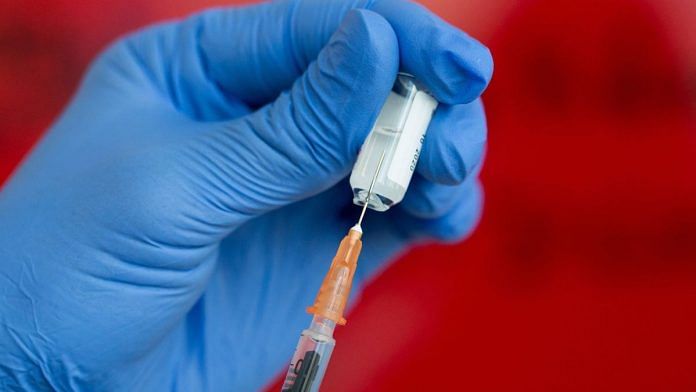
India is set to receive the most number of Covid-19 vaccine doses — 97.2 million shots — in the first tranche of distribution from the World Health Organization’s Covax initiative, despite the fact that supply in the country appears to outstrip demand currently.
The Covax initiative, aimed at creating equitable global access to Covid vaccines especially for developing countries, is planning to distribute an initial 337.2 million doses starting as early as later this month, the first delivery of some 2 billion shots it’s ordered so far.
According to an interim distribution forecast published on Wednesday, countries are allocated doses according to population size. The second-biggest tranche of 17.2 million shots will go to Pakistan, followed by 16 million doses to Nigeria and 13.7 million to Indonesia. North Korea will receive 2 million shots.
The large allocation to India may raise eyebrows given that, unlike many places, India seems to have plenty of shots currently but few takers. Only around half of those eligible to get vaccinated in its inoculation drive have come forward, and local media reports say that India producer Serum Institute of India is sitting on over 55 million doses and has temporarily halted production.
India has the second-highest number of Covid-19 cases in the world, topping 10 million, though the daily rate of infections has eased considerably since reaching a peak in September.
Some higher-income countries are also on the Covax list, with South Korea expected to get 2.6 million doses, Canada 1.9 million doses and New Zealand 250,000.
The principal vaccine to be distributed by Covax is the one developed by AstraZeneca Plc and Oxford University. Some 1.2 million doses of the Pfizer Inc.-BioNTech SE one, which requires deep freeze conditions, will also be allocated to nations like Peru, the Philippines and Colombia. –Bloomberg
Subscribe to our channels on YouTube & Telegram
Why news media is in crisis & How you can fix it
India needs free, fair, non-hyphenated and questioning journalism even more as it faces multiple crises.
But the news media is in a crisis of its own. There have been brutal layoffs and pay-cuts. The best of journalism is shrinking, yielding to crude prime-time spectacle.
ThePrint has the finest young reporters, columnists and editors working for it. Sustaining journalism of this quality needs smart and thinking people like you to pay for it. Whether you live in India or overseas, you can do it here.